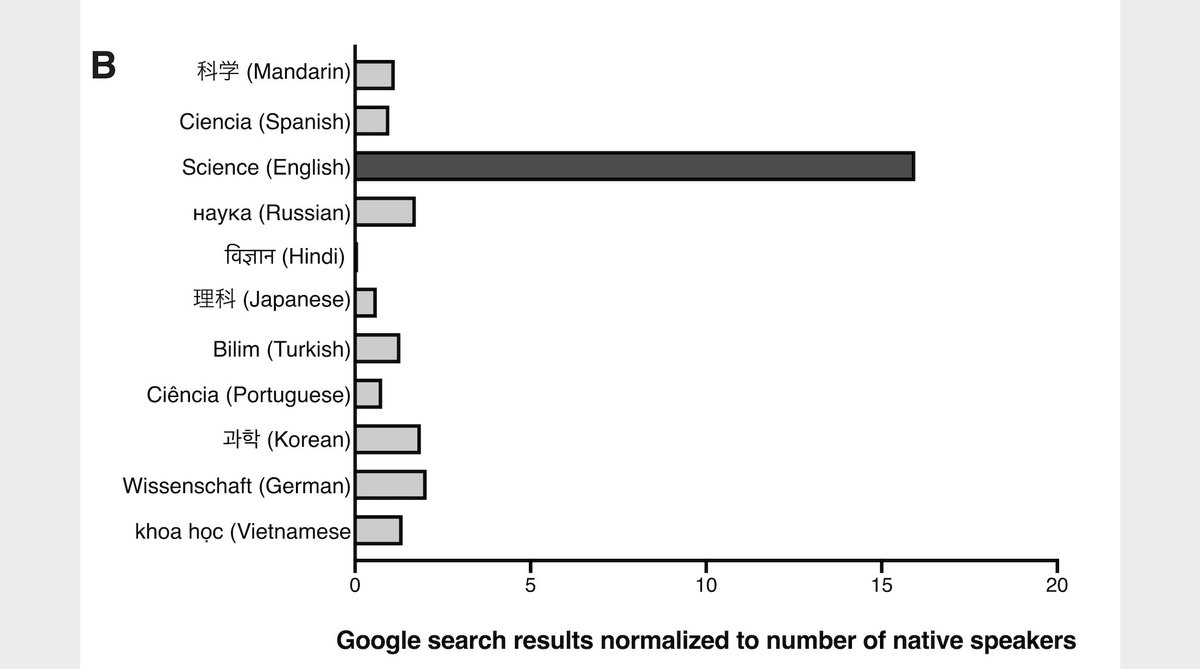frontiersin.org/articles/10.33…

symmetrymagazine.org/article/decolo…
CómoSciWri: for bilingual science writing - frontiersin.org/articles/10.33…
@storycollider: frontiersin.org/articles/10.33…
@InclusiveSci: frontiersin.org/articles/10.33…
#InclusiveSciComm: frontiersin.org/articles/10.33…
17/n

frontiersin.org/articles/10.33…


